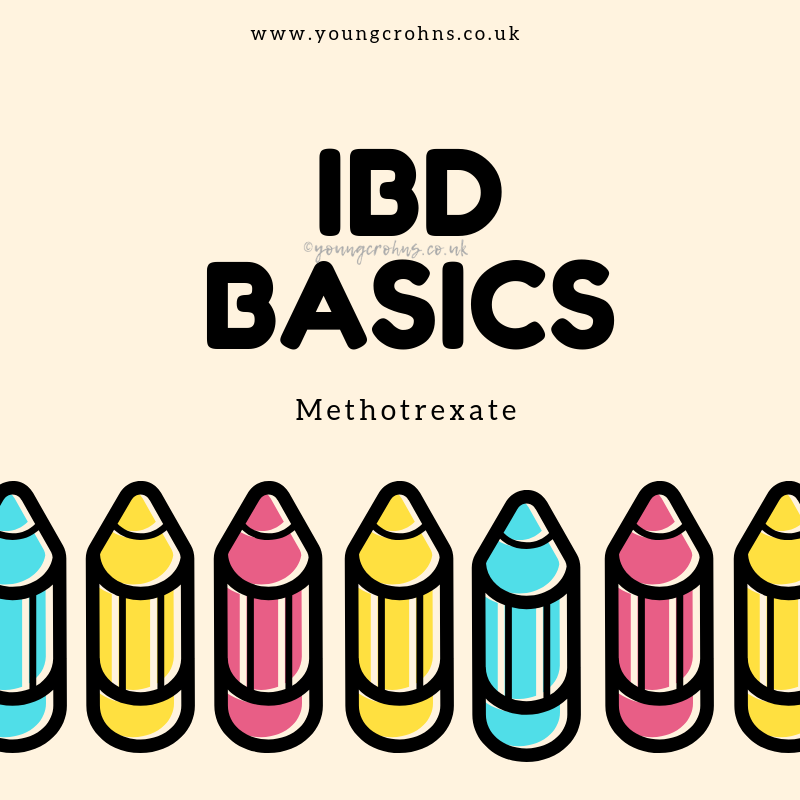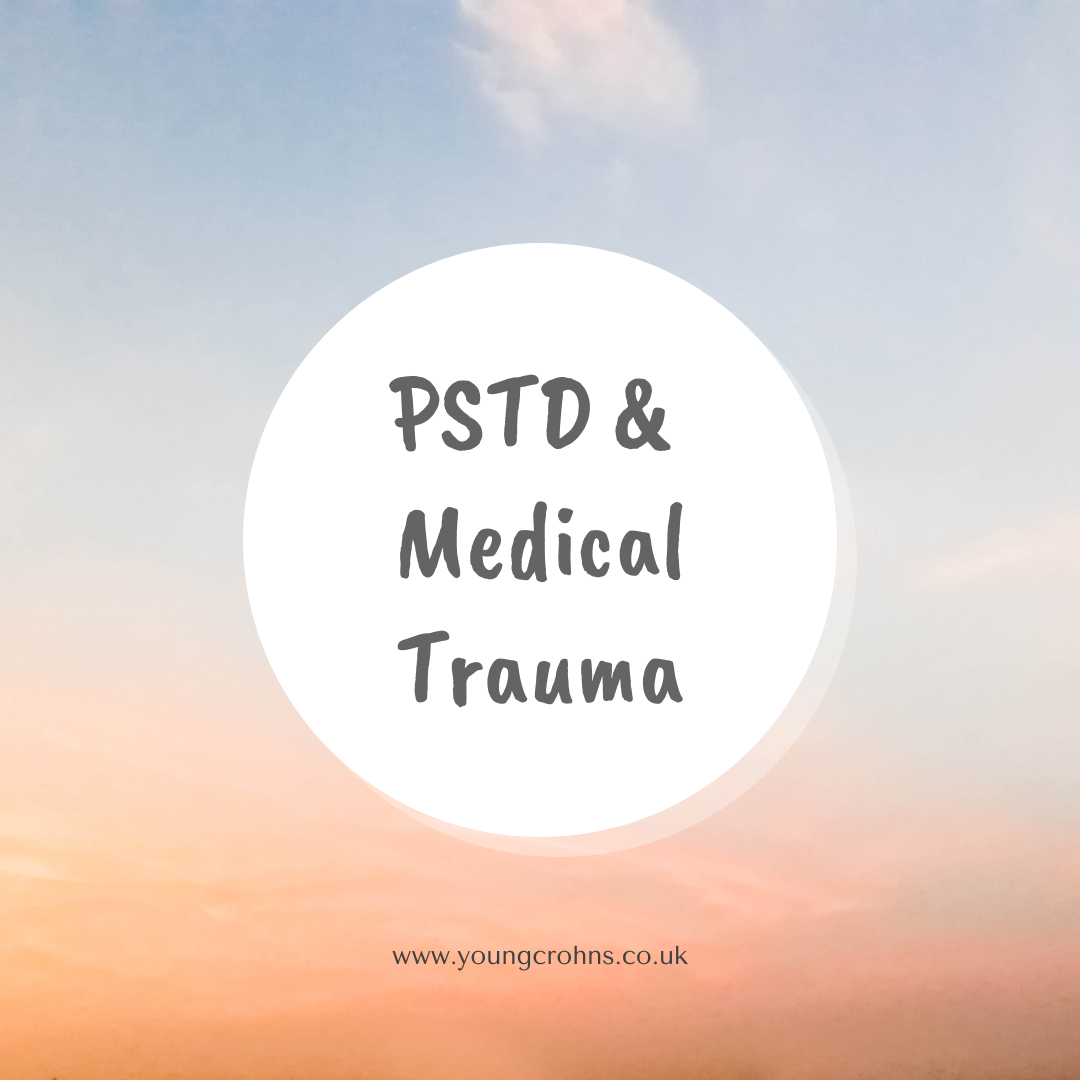
Crohns & Colitis Awareness Week – December 1st: What is IBD?
Part of the week of daily blogs for #crohnsandcolitisawarenessweek Read the entire week here.
What are Crohn’s & Colitis?
 Crohn’s Disease and Ulcerative Colitis are the major categories of inflammatory bowel diseases (IBD). IBD affects an estimated 300,000 in the UK. These chronic diseases can run in families and they affect males and females equally. While IBD can affect anyone, Caucasians are more likely than other ethnic groups to have IBD. Yet it is largely a hidden disease, and one that causes stigma, fear and isolation – it’s thought that many people with the condition go undiagnosed and suffer in silence. It doesn’t have to be like this.
Crohn’s Disease and Ulcerative Colitis are the major categories of inflammatory bowel diseases (IBD). IBD affects an estimated 300,000 in the UK. These chronic diseases can run in families and they affect males and females equally. While IBD can affect anyone, Caucasians are more likely than other ethnic groups to have IBD. Yet it is largely a hidden disease, and one that causes stigma, fear and isolation – it’s thought that many people with the condition go undiagnosed and suffer in silence. It doesn’t have to be like this.
Crohn’s disease is a chronic inflammatory condition of the gastrointestinal tract and may affect any part from the mouth to the anus.
Ulcerative colitis is a chronic inflammatory condition limited to the colon, otherwise known as the large intestine.
It is often sometimes difficult to diagnose which form of IBD a patient is suffering from because both Crohn’s Disease and Ulcerative Colitis cause similar symptoms.
The main symptoms of IBD:
- Diarrhoea: this is sometimes mixed with blood, mucus and pus.
- Cramping pains in the abdomen: these can be very severe and often occur before passing a stool.
- Tiredness and fatigue: this can be due to the illness itself, from anaemia (see below) from the side effects of some of the drugs used for IBD or from a lack of sleep if you have to keep getting up at night with pain or diarrhoea.
- Feeling generally unwell: some people may feel feverish.
- Loss of appetite and loss of weight: weight loss can be due to the body not absorbing nutrients from the food you eat because of the inflammation in the gut.
- Anaemia (a reduced number of red blood cells): you are more likely to develop anaemia if you are losing a lot of blood and are not eating much.
- Mouth ulcers.
Some people with IBD, particularly Crohn’s, may develop complications, including:
- Strictures: this is when there is ongoing inflammation and then healing in the bowel which may cause scar tissue to form. This can create a narrow section of the bowel, called a stricture.
- Fistulas: a fistula is an abnormal channel or passageway connecting one internal organ to another, or to the outside surface of the body. These are more common in people with Crohn’s Disease.
IBD can sometimes affect other parts of the body, including:
- Joints: inflammation of the joints, often known as arthritis, means that fluid collects in the joint space causing painful swelling. It usually affects the large joints of the arms and legs, including the elbows, wrists, knees and ankles.
- Eye inflammation: the most common eye condition affecting people with IBD is episcleritis, which affects the layer of tissue covering the sclera, the white outer coating of the eye, making it red, sore and inflamed.
Both illnesses do have one strong feature in common. They are marked by an abnormal response by the body’s immune system. The immune system is composed of various cells and proteins. Normally, these protect the body from infection. In people with Crohn’s disease, however, the immune system reacts inappropriately.
However, in people suffering from IBD, the immune system reacts inappropriately, mistaking benign or beneficial cells and bacteria for harmful foreign substances. When this happens, your immune system can do harm to your gastrointestinal tract and produce the symptoms of IBD.
Treatment depends on how severe the symptoms are, and how much of the gut is affected.
There is a range of drugs used to treat IBD. Initially, the aim of drug treatment is to reduce inflammation in the gut to bring relief from symptoms are induce remission. Once the condition is under control, your doctor will usually continue to prescribe drugs to maintain remission and prevent relapse – this is called maintenance treatment.
In some cases, if medical treatment is not effective, then surgery may be required.
Do you have any questions or queries? Or just want to share your own experiences? You can leave me a reply here or leave comments via my social media accounts – on Twitter, find my blog page on Facebook and over on Instagram

Sources:
Crohns and Colitis UK – What are the Symptoms? – What You Need to Know – Getting a Diagnosis
Crohn’s & Colitis Foundation – Crohn’s disease – Ulcerative Colitis




1 Comments
https://Riyasaka.com
07/02/2020 at 06:48
Hello! I’m at work surfing around your blog from my new apple iphone!
Just wanted to say I love reading through your blog and look
forward to all your posts! Carry on the superb work!